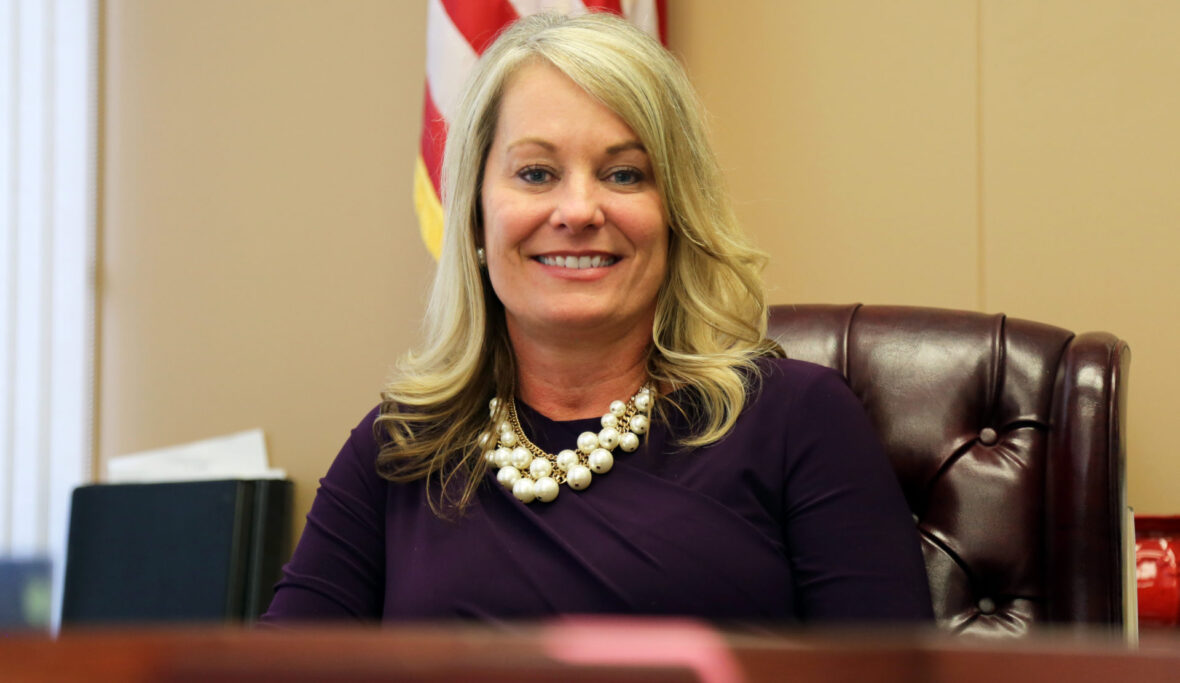Extraordinarily challenging is an understatement for the events of the past year. While we all hope the pandemic is in our rearview mirror, the impacts will be felt for some time. We must turn our focus to academic recovery and how to address the social-emotional impacts of the past several months.
This was a central topic of discussion during the 2021 legislative session, which included appropriating significant federal funds to ensure students get caught up after the interruptions in instruction since last spring. Our schools and educators are planning how to use this funding to support students with tutoring, intervention and other resources.
And, in the midst of tackling these challenges, earlier this month came our worst nightmare: A sixth-grader at Rigby Middle School shot and wounded two students and a custodian. It was the worst day of my career — a moment we’ve all dreaded and hoped would never happen in Idaho.
I traveled to Rigby the next day, to offer support and find out what the school and community needed. I am so relieved that there was no loss of life, and thankful that an amazing teacher acted quickly, bravely and compassionately, disarming the suspected shooter and holding her until law enforcement arrived. I am extremely proud of the actions and resilience of administrators, staff and students who had effectively prepared for the unthinkable. We are so lucky to have heroes and helpers, committed to seeing that all Idaho students achieve and succeed.
The tragic incident in Rigby reinforced the need to safeguard the mental and social-emotional health of our students, educators and staff. We must all strive every day to create an education system that is safe and healthy for every child and for the people who serve them.
I have been committed to the health and well-being of our students and educators from day one. Over the past year, under my guidance, my team has applied for and received numerous grants to address mental and behavioral health and to provide more resources to address these critical needs. This includes free online Gatekeeper training for thousands of educators and other interested Idahoans who want to be better equipped to detect and prevent suicidal or destructive ideas and actions among students.
Last fall, our Idaho Lives Project was awarded a five-year Project Advancing Wellness and Resiliency in Education (Project AWARE) grant from the Substance Abuse and Mental Health Services Administration to expand three school districts’ capacity to address mental and behavioral health concerns and connect students and their families with appropriate services.
I will continue advocating for every resource possible to optimize conditions for learning for all Idaho students. Right now, nearly 70 Idahoans are actively working as part of a statewide committee to make recommendations for how my department can best provide safe, positive conditions for students throughout the state.
We must provide more social-emotional interventions, such as counseling services, training in core instructional models and wrap-around community services such as connections to social workers and food pantries. We know from the research and from experience, interventions work!
The same is true of academic interventions. One very important conversation for educators and policymakers alike centers on how we can provide support for academic recovery by identifying and addressing pandemic-related learning loss. I am excited to announce three new efforts to help Idaho students succeed in and beyond the classroom.
My office recently kicked off a new effort to improve Kindergarten through third grade literacy with a summit on the science of reading attended by more than 600 Idaho educators. They heard from national experts about how to integrate math, science and literacy to maximize our youngest learners’ ability to read and succeed. These educators will also participate in continuing professional development around the science of reading and how to ensure students are reading at grade level by the end of the third grade.
In order to get caught up and get ahead, Idaho students also need access to tutoring. But many can’t afford a tutor, or they live in remote or rural areas with limited options. My department’s new partnership with Schoolhouse.world helps even the playing field with an innovative online platform of free, small-group tutoring in math topics for middle and high school students. This great program comes from a source already trusted by Idaho teachers and families: Sal Khan, whose Khan Academy provides a wealth of free online classes for millions of students throughout Idaho, the nation, and the world. To learn more or to sign up, go to my department website.
Of course, to reach and teach students, we need to listen to them. So, I am launching a Student Advisory Council representing different grade levels, backgrounds, cultures, school sizes and parts of Idaho. The council will meet quarterly, playing a direct role in improving education for students across the state and gaining important skills in leadership, public speaking, decision-making, team-building and networking. If you know someone I should consider for the council, please encourage them to check out my website for details and an application form.

